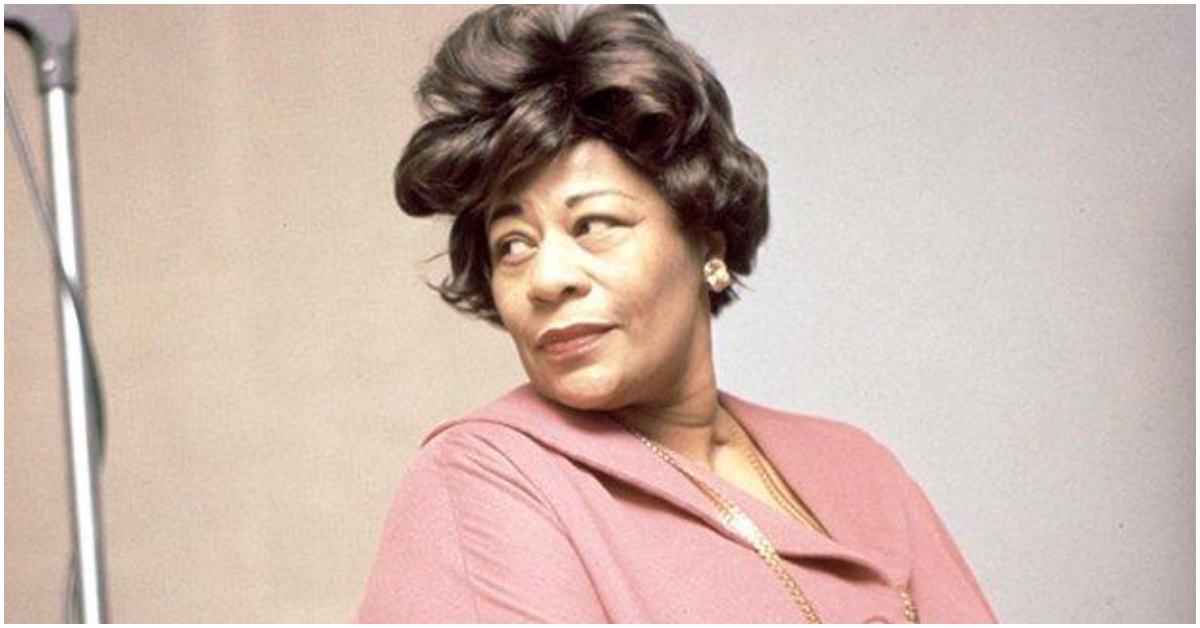Ella Conquers the Grammys
On May 4, 1959, at the inaugural Grammy Awards ceremony held at the Beverly Hilton in Los Angeles, Ella Fitzgerald etched her name in history. The First Lady of Song became the first African-American woman to win a Grammy Award, taking home two of the 28 awards presented that night.
Fitzgerald’s album “Ella Fitzgerald Sings the Irving Berlin Song Book” triumphed in the category of Best Female Vocal Performance, besting performances by esteemed artists like Doris Day, Eydie Gorme, Peggy Lee, and Keely Smith. Additionally, her album “Ella Fitzgerald Sings the Duke Ellington Song Book” was honored with the award for Best Jazz Performance.
“Over the course of her career, Fitzgerald sold more than 40 million albums, won 13 Grammys (and was the first woman to receive the Grammy’s lifetime achievement award in 1967), received the Kennedy Center Honors Lifetime Achievement Award in 1979, and was given the Presidential Medal of Freedom in 1992,” a source noted, highlighting her remarkable accomplishments.
A Trailblazer in Music
More than just a singer, Ella Fitzgerald was a true force in the world of music. Often referred to as the “First Lady of Song” and the “Queen of Jazz,” she left an undeniable mark on the genre and redefined the role of the jazz vocalist.
With a remarkable three-octave range and impeccable diction, Fitzgerald possessed a voice that was both powerful and clear, retaining its youthful quality throughout her lengthy career.
A Journey Through Genres
Fitzgerald’s musical journey began with swing, seamlessly transitioning into the complex world of bebop. Her mastery of scat singing, an improvisational vocalization form, remains unmatched even today. Her ability to effortlessly blend genres, from blues to bossa nova and beyond, showcased her immense versatility.
“Throughout her career, Fitzgerald drew inspiration from the greats who surrounded her. Early on, she idolized Louis Armstrong, with whom she would later collaborate on the iconic ‘Porgy and Bess’ album,” a source revealed, shedding light on her collaborations and inspirations.
Perseverance and Dedication
Despite facing challenges like open-heart surgery and diabetes-related complications later in life, Fitzgerald’s dedication to her craft remained unwavering. Her final concert in 1991 at New York’s Carnegie Hall served as a fitting finale to a remarkable career, solidifying her legacy as a true icon.
Ella Fitzgerald’s voice, an instrument of unparalleled skill and artistry, continues to inspire and captivate audiences worldwide.






Leave a Reply